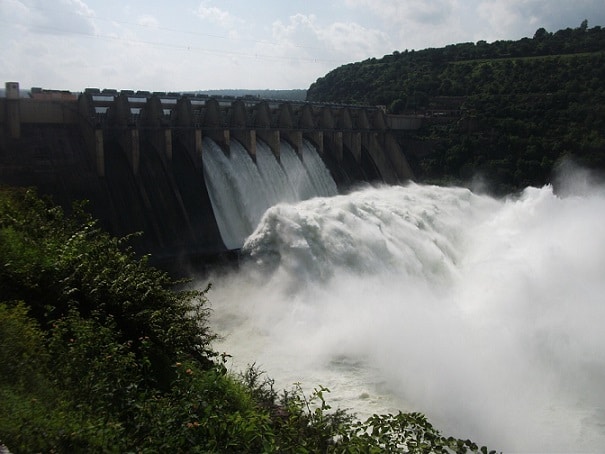Wake up. There are so many problems the world face today and have always faced before. Above everything else, all the damage is done to any natural and significant resource, however, water has probably been the one most impacted negatively. The problem with this statement is, we need water to survive, just like plants, animals, and the soil itself does.
So, what are we doing wrong, and is there a chance that we could make the situation even worse going into the future? The answer is yes. It’s always yes¦ Because man likes to disrupt what the Earth gives him. A little too much sometimes, whether he acknowledges it or not.
Actions speak louder than words.
We all say we want to stop wasting water, we want to preserve water instead. We want to let our actions speak for themselves. However, the problem is that they don’t. When we see a campaign towards saving water or putting an end to chemical, plastic, and oil pollution, we thrive off the high that we’re doing something right in the world and the name of water. Yet, our water resources still face many serious threats, all of which are caused by human activity, including sedimentation, climate change, landscape changes, pollution, urban growth, and deforestation.
Sediment found in water occur in natural bodies of water by itself, yet a large amount thereof today, develop due to agriculture and land-use. Activities influencing it include farming, building roads, mining, and clearing up trees in forest until there is nothing left.
Pollution is probably one of the biggest threats to not only the ocean but also natural water bodies people use daily. Waste that people dispose of additionally affects air quality, land, and countless ecosystems that are reliant on the natural resources around them. Water pollution occurs due to sewage, farmland runoff, industrial wastes, the continuous build-up of sediment, and factory effluents.
Due to excessive water withdrawal that occurs because of human activity, lakes, rivers, and even inland seas are dying as too much water gets drawn from them, including groundwater. Today, groundwater is used faster than it can replenish, which is predicted to worsen over time.






